Navigation
Install the app
How to install the app on iOS
Follow along with the video below to see how to install our site as a web app on your home screen.

Note: This feature currently requires accessing the site using the built-in Safari browser.
More options
You are using an out of date browser. It may not display this or other websites correctly.
You should upgrade or use an alternative browser.
You should upgrade or use an alternative browser.
Filter Question
- Thread starter crowl31
- Start date
Johnboy2978
No longer a newbie, moving up!
- Joined
- Oct 21, 2004
- Messages
- 1,797
- Reaction score
- 30
- Location
- Southwest Virginia
- Website
- www.johncountsphotography.com
- Can others edit my Photos
- Photos OK to edit
a circular polarizer is generally the first filter most people get. Did you have a need for a specific type of filter or just want to spend more $? A lot of people will also get a UV filter to protect the front element of their expensive lenses. I have one for my 70-200mm f/2.8 lens but don't have one for my others. I'm still kind of debating the need to have one on them though. I just got an ND filter. One thing to keep in mind with buying filters though is to buy the size of your largest diameter lens and then buy step filters to fit all your other lenses. It's much cheaper than buying multiple sizes of each filter.
maulrat
TPF Noob!
- Joined
- Jul 23, 2008
- Messages
- 652
- Reaction score
- 0
- Location
- San Diego, CA
- Can others edit my Photos
- Photos NOT OK to edit
it all depends on what you want the filter to do for you. If you want lens protection, get a UV multi-coated filter. Long exposures, get an neutral density filter... want to reduce reflection on water and get some deep blue skies, get a CPol.
What do you want your filter to do for you?
What do you want your filter to do for you?
- Joined
- Jul 8, 2005
- Messages
- 45,747
- Reaction score
- 14,806
- Location
- Victoria, BC
- Website
- www.johnsphotography.ca
- Can others edit my Photos
- Photos OK to edit
All filters have a purpose, so it's good to know what you want the filter to do. If you don't already have one, the most important filter you can get is a circular polarizer, however $75 may be a bit tight (I think that's a 72mm thread isn't it?). Try the used stores, as long as they're not scratched, they're fine. Stay away from cheap filters, look for brands like Hoya, B+W, Tiffen, Rodenstock and Heliopan.
maulrat
TPF Noob!
- Joined
- Jul 23, 2008
- Messages
- 652
- Reaction score
- 0
- Location
- San Diego, CA
- Can others edit my Photos
- Photos NOT OK to edit
check out this website
http://www.photosig.com/go/photos
then click on "browse by filter"
this will give you some examples of how different filters affect photos...
just be careful. there are many filters to choose from.
http://www.photosig.com/go/photos
then click on "browse by filter"
this will give you some examples of how different filters affect photos...
just be careful. there are many filters to choose from.
Sim
TPF Noob!
- Joined
- Feb 3, 2008
- Messages
- 220
- Reaction score
- 0
- Location
- Toronto
- Can others edit my Photos
- Photos OK to edit
One thing to keep in mind with buying filters though is to buy the size of your largest diameter lens and then buy step filters to fit all your other lenses. It's much cheaper than buying multiple sizes of each filter.
I've heard this before but what about lens hoods? I'd imagine you can't use one if you have a larger filter on your lens...
- Joined
- Jul 8, 2005
- Messages
- 45,747
- Reaction score
- 14,806
- Location
- Victoria, BC
- Website
- www.johnsphotography.ca
- Can others edit my Photos
- Photos OK to edit
I've heard this before but what about lens hoods? I'd imagine you can't use one if you have a larger filter on your lens...
Exactly. Going bigger is good. Up to a point.
Josh66
Been spending a lot of time on here!
- Joined
- Oct 31, 2007
- Messages
- 14,593
- Reaction score
- 1,239
- Location
- Cedar Hill, Texas
- Can others edit my Photos
- Photos NOT OK to edit
I also remember reading that the only filter you can't mimic in post processing is a polarizer... Is that true?
Pretty much. You can make the sky a darker blue pretty easily in PP, but you're not going to be able to get rid of reflections (well, maybe you could - a little). You'll never be able to take the glare off of the surface of water to see what's under it in PP though.
Edit
Oops, I misread your post. The above is all true, but I would add something.
A polarizer can't be replicated in PP, but I wouldn't say that it's the ONLY filter you can't do in PP.
Photoshopped IR never looks as good as real IR, IMO.
Last edited:
- Joined
- Jul 8, 2005
- Messages
- 45,747
- Reaction score
- 14,806
- Location
- Victoria, BC
- Website
- www.johnsphotography.ca
- Can others edit my Photos
- Photos OK to edit
I also remember reading that the only filter you can't mimic in post processing is a polarizer... Is that true?
Not strictly speaking, the Nik Color Effex series has a polarizer which under certain conditions doesn't do a bad job. It's nothing like using a real filter would have been, but it's acceptable in a pinch.
Joves
No longer a newbie, moving up!
- Joined
- Dec 14, 2007
- Messages
- 2,400
- Reaction score
- 22
- Location
- Flagstaff/Az
- Website
- joves.smugmug.com
- Can others edit my Photos
- Photos NOT OK to edit
Yeah the Nik is pretty good but not close. BUT! You can save the picture you used the CP on and, then keep polarizing it and, saving, repeat, till you get it fairly close. I like my CPol for alot of shots and, use it more that my other filters. That and my ND. I also have a Blue Polarizer for some of the areas here, it really brings the reds out in shots.Not strictly speaking, the Nik Color Effex series has a polarizer which under certain conditions doesn't do a bad job. It's nothing like using a real filter would have been, but it's acceptable in a pinch.
crowl31
TPF Noob!
- Joined
- Oct 26, 2007
- Messages
- 93
- Reaction score
- 0
- Can others edit my Photos
- Photos OK to edit
Thanks for the advice, i am going to get a Circular Polarizer.
What makes a polarizer good? I see some are 15 dollars and some are 350. I have no idea what makes one better then the other. Help!
What makes a polarizer good? I see some are 15 dollars and some are 350. I have no idea what makes one better then the other. Help!
Timbo1961
TPF Noob!
As some said above, the quality of the glass and coatings will make the price higher ... in this sort of thing, you really do what you pay for.
Also, try to stay away from linear polarizers which are the older style used for film cameras. They will most likely be cheaper as a store may have old stock to clear out. Circular polarizers are the best for digital cameras as the linearly polarized light will, in some cases, cause problems for the chip in regards to exposure and focusing. I haven't seen this, but from what I've heard...
Hoya or B+W have been good to me in the past.
T
Also, try to stay away from linear polarizers which are the older style used for film cameras. They will most likely be cheaper as a store may have old stock to clear out. Circular polarizers are the best for digital cameras as the linearly polarized light will, in some cases, cause problems for the chip in regards to exposure and focusing. I haven't seen this, but from what I've heard...
Hoya or B+W have been good to me in the past.
T
Helen B
TPF Noob!
- Joined
- Sep 16, 2007
- Messages
- 3,296
- Reaction score
- 467
- Location
- Hell's Kitchen, New York
- Can others edit my Photos
- Photos NOT OK to edit
The choice between linear and circular polarizers is nothing to do with whether it is a film or digital camera but it is to do with many, but not all, autofocus and TTL exposure systems: anything that works behind a beam splitter. It's a safe bet to get a circular polarizer.
Best,
Helen
Best,
Helen
Similar threads
- Replies
- 9
- Views
- 525
- Replies
- 13
- Views
- 310

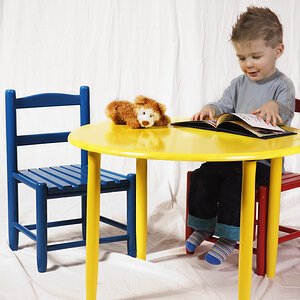

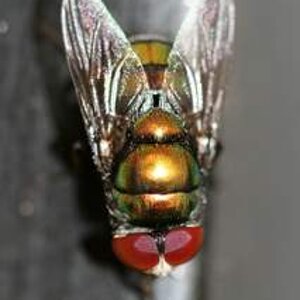
![[No title]](/data/xfmg/thumbnail/32/32636-5a159481dcab8aaf87f2d7b501496db1.jpg?1619735554)
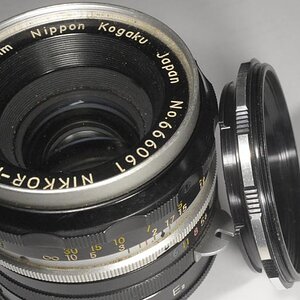
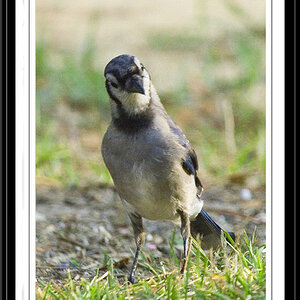

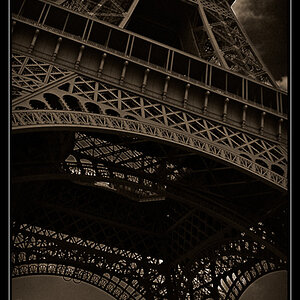
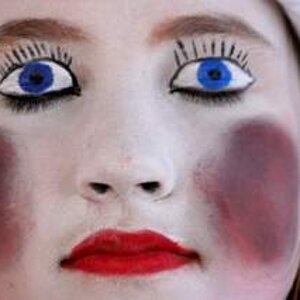
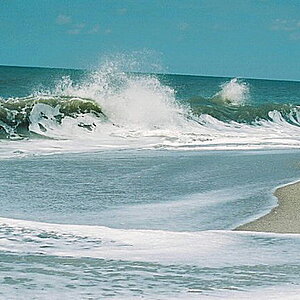

![[No title]](/data/xfmg/thumbnail/35/35597-714b74cc48992e5353856abfe325df68.jpg?1619737065)